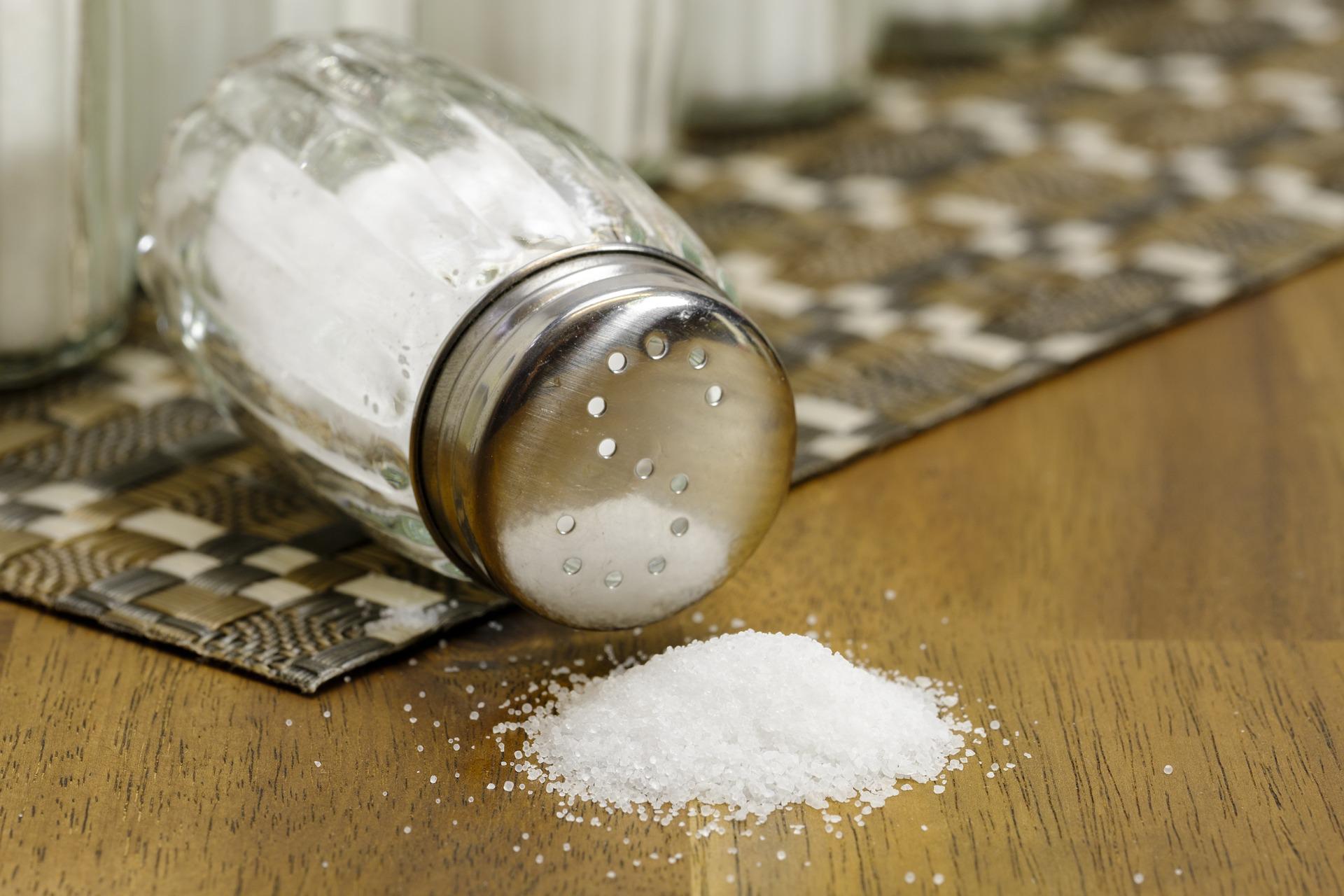Reaction to study suggesting that severely limiting salt intake could worsen a type of heart failure
Reducing salt intake is recommended to prevent heart failure, but restricting it too much could worsen a common type of heart failure, research published in the journal Heart suggests.

Sergio Flores - sal insuficiencia cardíaca EN
Sergio Flores Villar
Head of Paediatric Cardiology at the Hospital Universitario Mutua Terrassa
The article published in the BMJ - Heart journal presents a study that advocates not restricting salt in the cooking of meals for people with heart failure with normal ejection fraction [when the lower left chamber of the heart is not able to fill adequately with blood, reducing the amount of blood pumped into the body], as they found that the survival of patients whose salt intake was restricted in cooking was lower than those whose salt intake was not restricted.
To date, all national and international cardiological associations and scientific evidence recommend a diet with no added salt, with the preventive intention of not worsening cardiac function.
At a methodological level, it compares two groups, one that does not add salt in cooking and the other that does add salt, which in turn subclassifies it into: those who add 1/8 teaspoon, 1/4 teaspoon, 1/2 teaspoon and more than 1/2 teaspoon. This way of distributing the study groups may generate a precision bias, since the partition variable of the amount of teaspoon is not very precise, instead of using grams or milligrams of salt.
Subsequently, the groups that did receive salt are pooled again for comparison with those that did not receive salt, and differences in survival are found to be superior in the group that received salt compared to those that did not. The question that arises is: which of the subgroups has the greater statistical weight, the 1/8, 1/4, 1/2 or more than 1/2 teaspoon of salt?
In addition, it detects a greater survival difference in non-whites and also in younger patients.
On these two points there is an important selection bias, as the patients selected for the trial were about 6 times more white than other races, and as for age, it is also a biased variable, as the determinant of heart failure progression is multifactorial; it depends not only on age, but also on the time of progression of the disease or type of disease that has caused heart failure. Although reviewed, they do not present a comparable number for comparison.
In conclusion, the use of statistical tools in the face of such biases can lead to results that may be misinterpreted in the end, to the extent that they are contradictory to the current recommendations of European and American cardiological societies. Further studies would be necessary to corroborate the results and claims presented in this article.
Jiayong Li et al.
- Research article
- Peer reviewed
- Observational study



